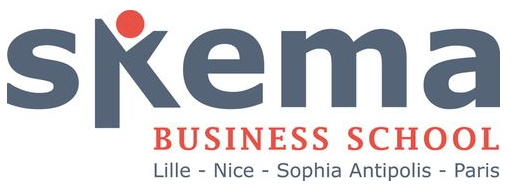by Katharina Gruber
First rumors have been around since beginning of this year. Finally, Sara Lee’s management announced the company’s split-up into two separate, publicly traded companies on January 28th, 2011. Until the beginning of 2012 the company will transfer the North American Retail and North American Foodservice (excluding the beverage business) into a new company still named Sara Lee, the rest of the company will be moved into another company which is internally referred as “CoffeeCo”. All shareholders will get one share in both new companies plus a special dividend of USD 3.00.
But what has been the reason for that separation? Has it been a defense measure to preserve from unwelcome takeover proposals? Or has it been the opposite: smoothing the way for the acquisition through JBS, Apollo Management or a, so far unknown, other bidder?
At first glance, the split-up could be a takeover defense. Quite often, divestitures or spin-offs of non-essential subsidiaries or selling the “crown jewels” are used to prevent a hostile takeover. Following the “crown jewel defense”, the target firm sells off its most valuable business parts to another seller to become less attractive. Nevertheless, this is not the case in Sara Lee’s split-up. First of all, the separation will be done according to the markets the segments sell to. The remaining Sara Lee will mainly have meat and frozen bakery products in their product range whereas the spin-off company will focus on coffee and other beverages. Secondly, the expected sales volumes of the two new entities are nearly the same, and each company will keep the leading brands of its segment. In summary, both companies will become even more attractive, as investors in general prefer more focused companies.
Some analysts came up with the idea that tax concerns are the driver for the break-up. Even though the move of the headquarters of the new formed “CoffeeCo” part to Europe will have a positive influence on the tax rate, this has not been the reason according to CEO Marcel Smits. According to him the main reason has been the wishes of large shareholders to split up in order to have the opportunity to decide in which business they want to invest.
It is more likely that the separation was announced to ease a possible takeover. The acquisition history so far shows, that it has not been easy to sell Sara Lee as a whole. In the past, the Brazilian meat producer JBS as well as the private equity consortium of Apollo Management refused to pay more than USD 20 per share as it has been demanded by Sara Lee.
JBS is probably not able to raise more money as its current financial status is not too rosy. This view is supported by their financials: In the first nine month of 2010 they had sales of 8,739 million Real (around 5,246 million USD), but only realized an EBIT of 237 million Real (around 142 million USD). This has been an EBIT margin of only 2.7 %. In 2009, their EBIT was even negative. In addition, JBS’s acquisitions in the last years strongly increased the firm’s liabilities: end of 2010 they had a debt-to-equity ratio of nearly 1. (http://www.jbs.com.br/ir/)
For JBS it would be much easier to manage the acquisition of the North American meat part of the company in which they are mainly interested, anyway. Already in the past there have been talks between JBS and Blackstone about a possible resale of the coffee business in case of a successful bid by JBS. Other potential prospects for the meat part could be Smithfield Foods Inc. and Tyson Food Inc.. On the coffee side, strategic buyers J.M. Smucker and Nestle and private equity firms like Blackstone are known to have interest.
